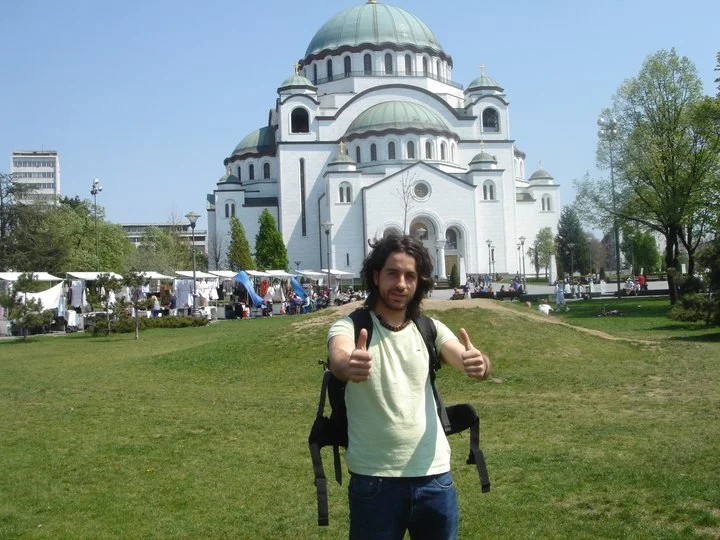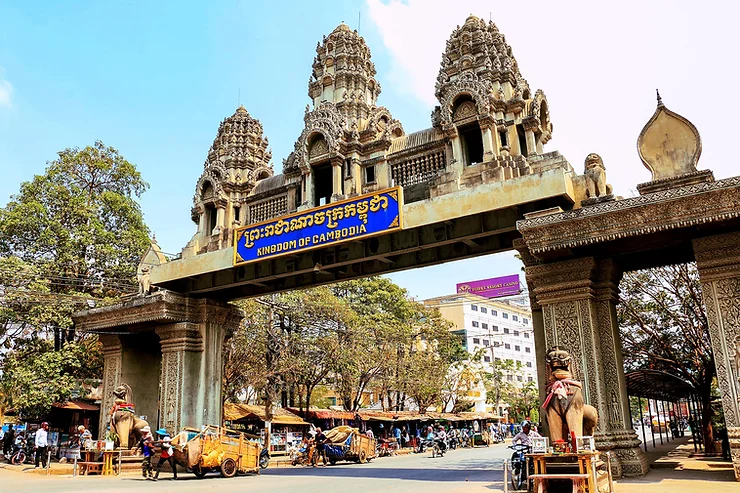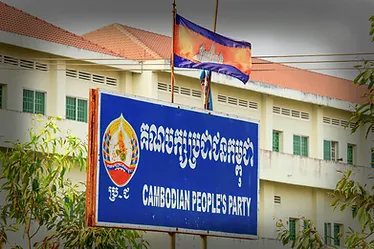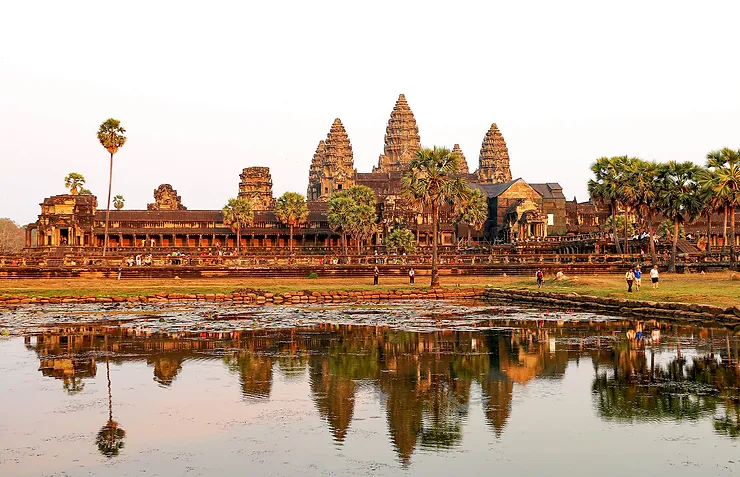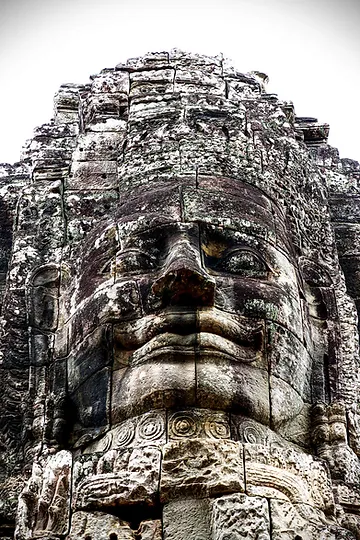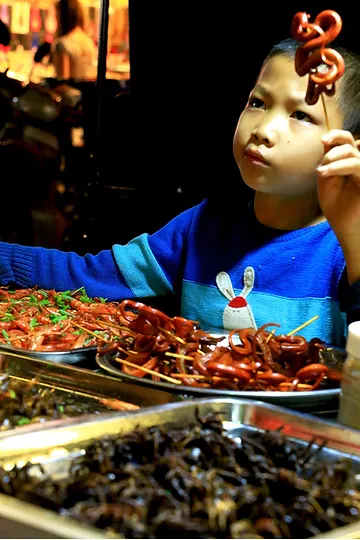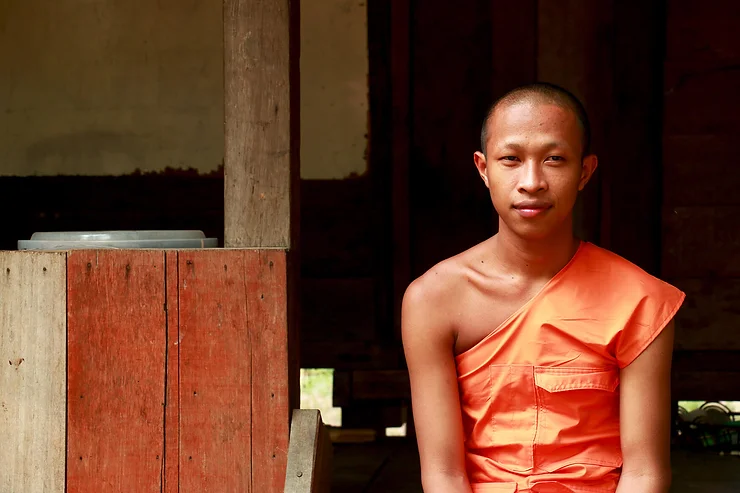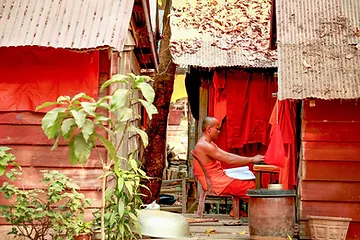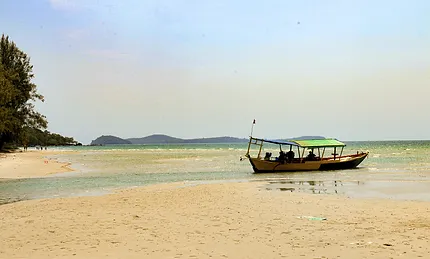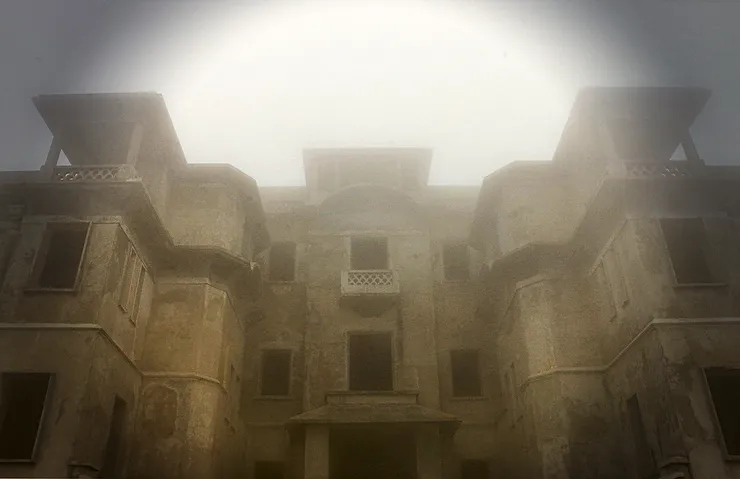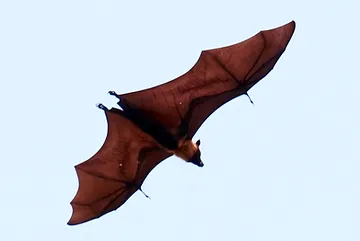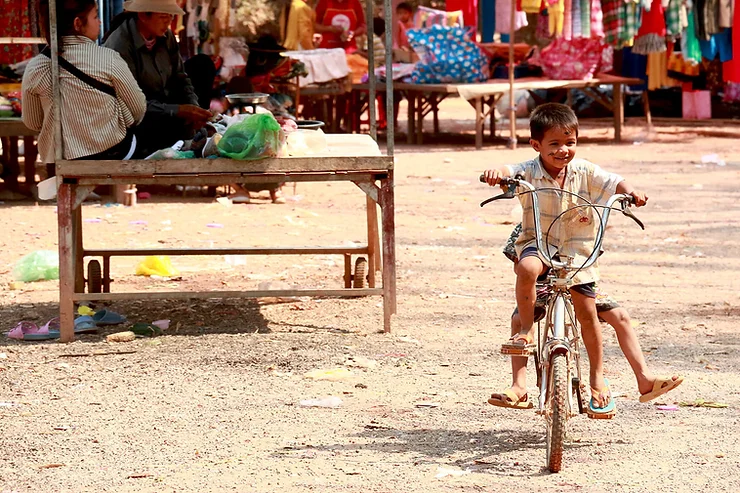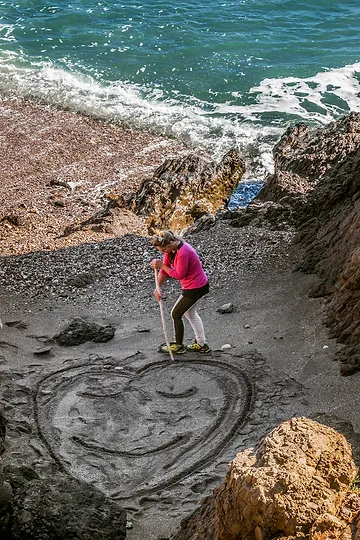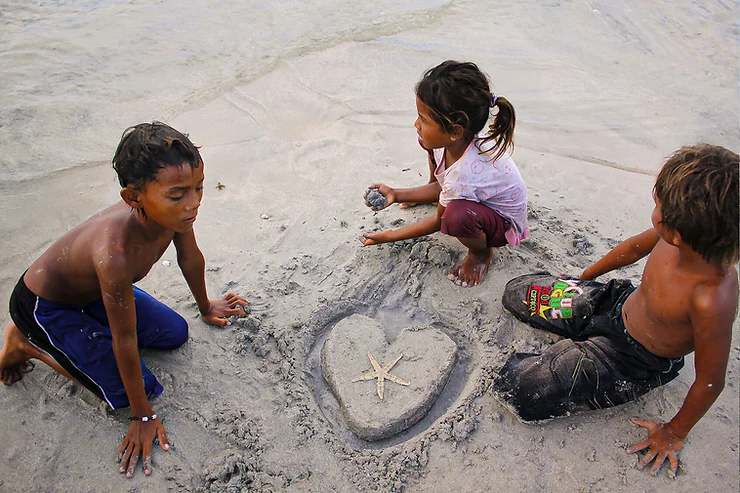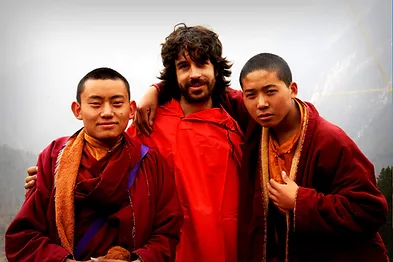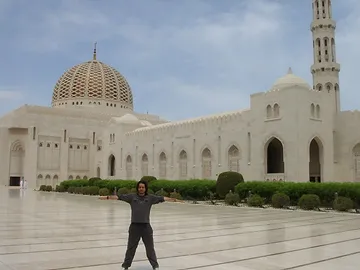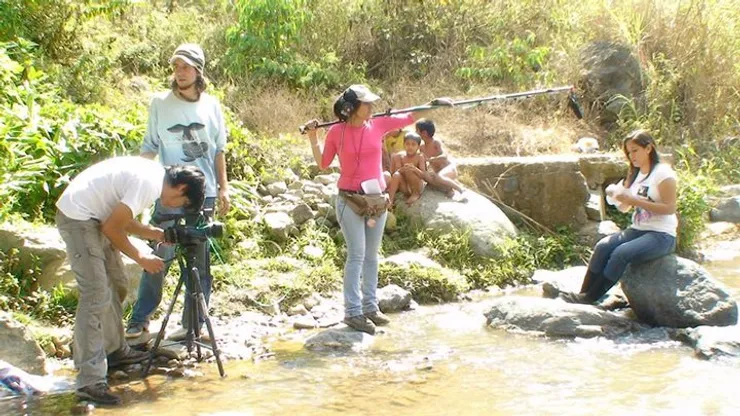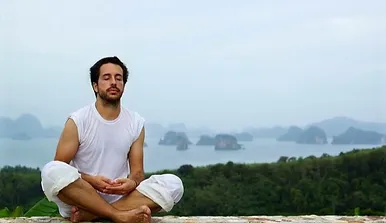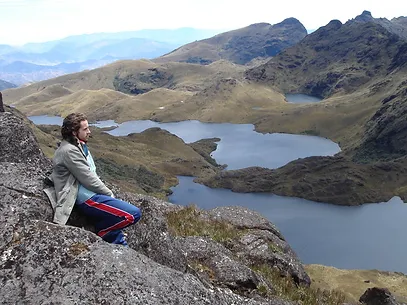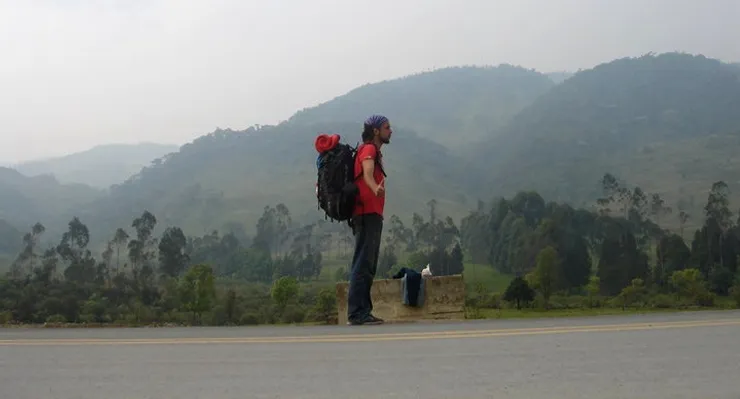Going on vacation vs traveling
If when you move to another country you eat pizza, drink Coca-Cola, spend the day connected to social networks through your mobile device and at night you get drunk on Heineken with an Australian tourist, then you are taking a break and putting miles in between your everyday life, something that can be convenient and sometimes even necessary, but, from my point of view, you are not traveling, but rather you are going on vacation.
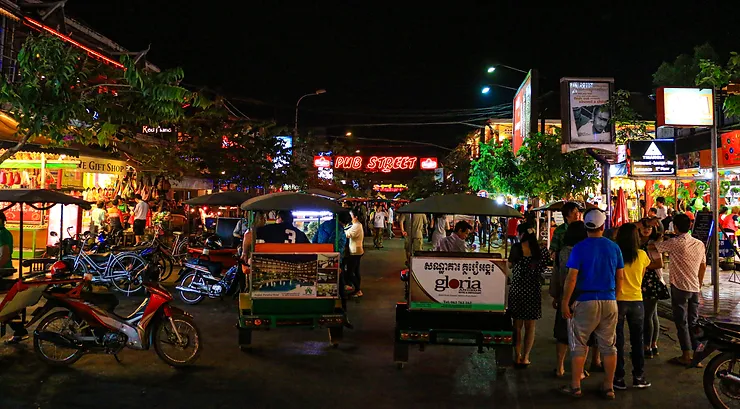

No, going on vacation is not the same as traveling.
My last expedition to Cambodia had a bittersweet taste, because despite enjoying an entire experience and discovering a wonderful country and people, it hurt me to see how tourism was completely transforming local society, and there are many who after visiting under-developed countries complain about social differences without realizing that with their consumerist and inconsiderate behavior they are contributing to the situation continuing like this and even getting worse. These tourists travel to disadvantaged countries motivated by a cheaper standard of living where they can live in all kinds of luxuries and enjoy an exotic riot economically. However, they do not care to inform themselves about local standards and often base their behavior on a sum of money that not only destabilizes local society, but also enhances their loss of identity.
If tourists pay $4 for a cheeseburger and leave tremendously satisfied for having eaten cheaply, with what motivation are local cooks going to continue preparing traditional dishes that they used to sell for a dollar while being able to prepare Western food? If taxi drivers and motorcyclists manage to charge tourists $10 for a trip, how are they going to accept transporting locals as they always did for a price ten times lower? If local girls earn the same amount in a weekend dancing on the counter of a bar crowded with tourists as they do in a month performing a common job…if clothing sellers manage to earn 5 times more selling ‘made in China’ products than that they make them by hand because tourists prefer to buy more and cheaper… and thus a long etcetera of actions that, despite being totally innocent, intrinsically have an extremely harmful effect on local communities.
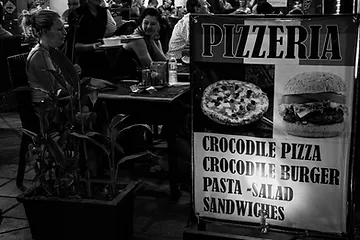

Going to Asia and ordering Western food is a sign of "being on vacation" instead of "travelling"


"Cheaper than Mercadona!
Another aspect that occurs, especially in Asian countries, is that local sellers frequently take advantage of the opportunity to sell any type of items to tourists who, in the vast majority of cases, ignore them and even despise them, passing them off as if they were more, as if they were more. They were above, ignoring that they are actually offering and presenting their place, their home. Tourists miss the opportunity to interact and communicate with the native inhabitants and do not realize the efforts they make to capture their attention to the point that, despite being illiterate, they manage to manage a basic vocabulary of a wide variety of languages. languages. In the temples of Angkor Wat I even heard a cloth seller shout to a couple of Spanish tourists: “Buy! Cheaper than Mercadona! ”Although in this case the perplexed countrymen had no choice but to turn around, smile… and end up succumbing to the charms of the local saleswoman by purchasing one of her products.
Nietzsche talked about how sometimes without realizing it we are exerting an enormous influence on certain people with our words and/or behavior towards them. In the case of a traveler, you meet and discover many people and, except on exceptional occasions, someone we meet on the street will always be one more who, although he may make us smile, will not play a crucial influence on us. However, the way we act towards them can be unique and since we do not have so many experiences to compare with, our behavior can be really relevant. Especially if after trying to communicate with hundreds of tourists who not only ignore them but belittle them, we act positively, it will play a much greater influence than we can ever imagine, maybe even give them hopes and dreams, but surely self-esteem and a great pinch of joy that they will remember much longer than we will be able to keep in our memory the tourist location we are visiting.
Traveling is exploring, discovering, adventuring, and I believe that for this, direct contact with local culture and people is essential. When we push ourselves to live and experience other ways of life, as well as to communicate and relate to people who perceive life in a completely different way than ours, we can feel uncomfortable, but it is precisely thanks to that discomfort that we force ourselves to expand our cultural intelligence and to understand not only that our way of conceiving life is not the only one, but that sometimes it does not necessarily have to be optimal. Traveling is an exercise in self-exposure to what is different that has a direct impact on the way we respect and understand others, diluting stereotypes and breaking down unfounded prejudices.


Traveling is being open to discover and experience
To go on vacation, it is essential to include a location that guarantees spectacular photographs and, if possible, with a gift of history that allows us to move with the conviction that we are carrying out a cultural activity. However, to travel, not only is it not necessary to visit a place of tourist interest, but sometimes it can even be harmful if what we are really looking for is a cultural and enriching experience, since tourism usually brings with it a consumerist and capitalist influence. which ends up deteriorating the authenticity and uniqueness of the local inhabitants, traditions and culture. Contrary to what many people think, traveling is not linked at all with moving far, but with finding some different cultural factor for ourselves from which we can learn and extract something that helps us grow, whether linked to the people, architectural styles. , gastronomy or any other, as long as we live it from within while respecting it from the outside.
Clarify that at no time am I criticizing or praising one modality or another, because while it is true that traveling is an exercise that is frequently exhausting and even, at times, frustrating, while going on vacation is just what some people need to break with monotony and achieving a long-awaited physical and emotional rest. I am only differentiating and describing both styles from a cultural perspective, since after traveling I have contemplated and come to differentiate these two very different modalities. Do you vacation or travel? Do you rest or discover? Being or going on vacation is not the same as traveling. Decide between suitcase or backpack…And let’s fly!
